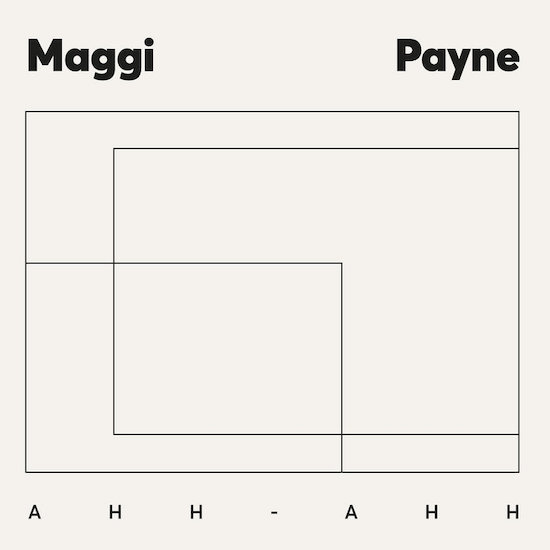The late, great composer Pauline Oliveros once explained her philosophy of deep listening as follows: "deep listening is learning to expand perception of sounds to include the whole space-time continuum of sound, encountering the vastness and complexities as much as possible. Simultaneously, one ought to be able to target a sound, or sequence of sounds, receiving the beginning, middle, and end of them as a focus."
Maggi Payne, former co-Director of the Center for Contemporary Music at Mills College in Oakland, CA and Oliveros’ peer and occasional collaborator, understands these notions well. On Arctic Winds, her most recent collection, Payne challenges the listener to become invested in sounds not broadly embraced as "musical": dry ice, space transmissions, bad plumbing. Though the sounds in these pieces appear to be arranged by more than Cageian chance operations, they’re not exploited for gimmickry or levity, nor warped into clearly recognizable structures (cf. Matmos). Arctic Winds, instead, is designed for precisely the focused exploration Oliveros touted for much of her career, and it is richly rewarding in that regard. When more straightforward rhythmic structures do sneak in, as in the quasi-industrial throb that creeps into the latter half of ‘FIZZ’, it seems all the more thrilling when contrasted with the restraint throughout.
Payne is more than capable with somewhat more conventional approaches, as well. Through the mid-1980s, she composed several pieces for Technological Feets, a performance group Ed Tennenbaum founded in 1981 which incorporated dance, live video processing and music into their work. Ahh-Ahh, a collection of Payne’s compositions from this project, largely hems closer to the electro-minimalist framework established in the latter half of the 20th century, but this is not to say that the pieces suffer for these strictures. ‘Gamelan’ reconfigures its titular form for the computer age; ‘Shimmer’ does just what it says, unfolding into rainbow-hued arpeggiations before spreading into long, engulfing washes. ‘Flights of Fancy’ is perhaps the most surprising, its insistent beat implying a horror film scored by more commercial contemporaries like Laurie Spiegel or Susan Ciani.
Payne may be a bit more adventurous and exploratory than her aforementioned fellow composers, but Ahh-Ahh in particular could serve as an excellent entryway into Payne’s modus operandi for fans of that sonic world. Should that lead one down a rabbit hole into Payne’s world, all the better. They don’t call it deep listening for nothing, y’know.


